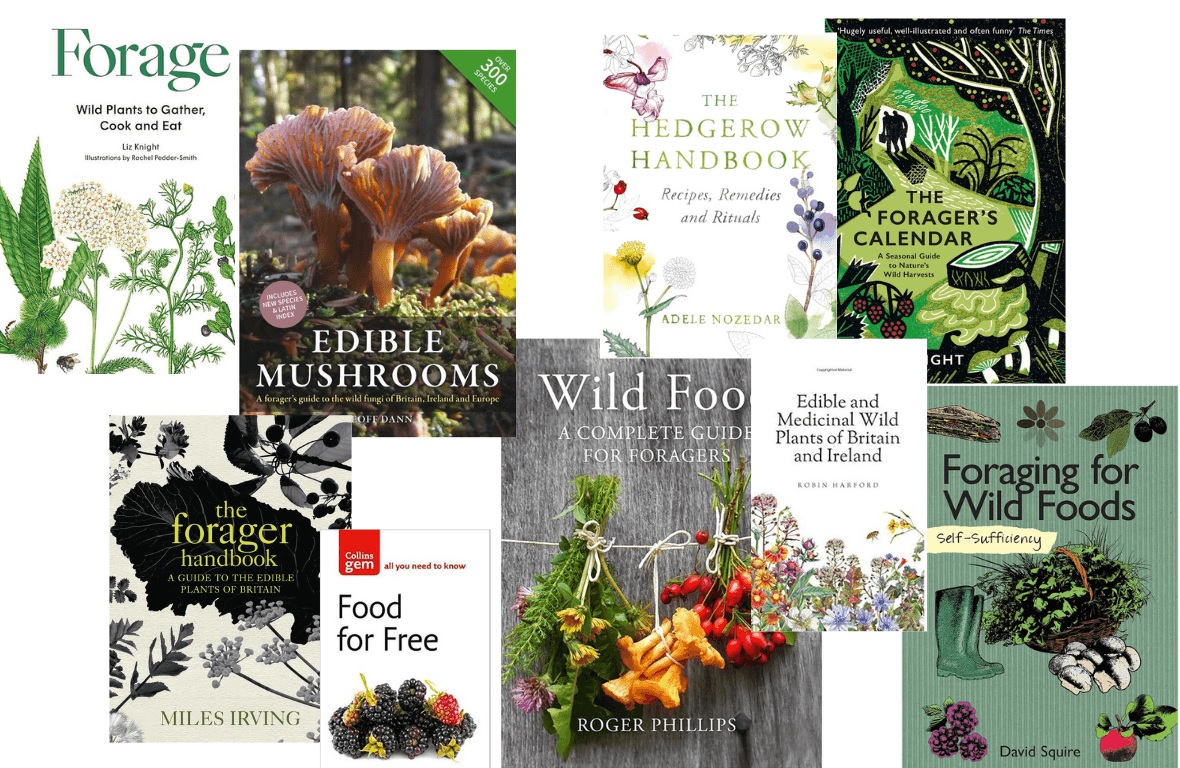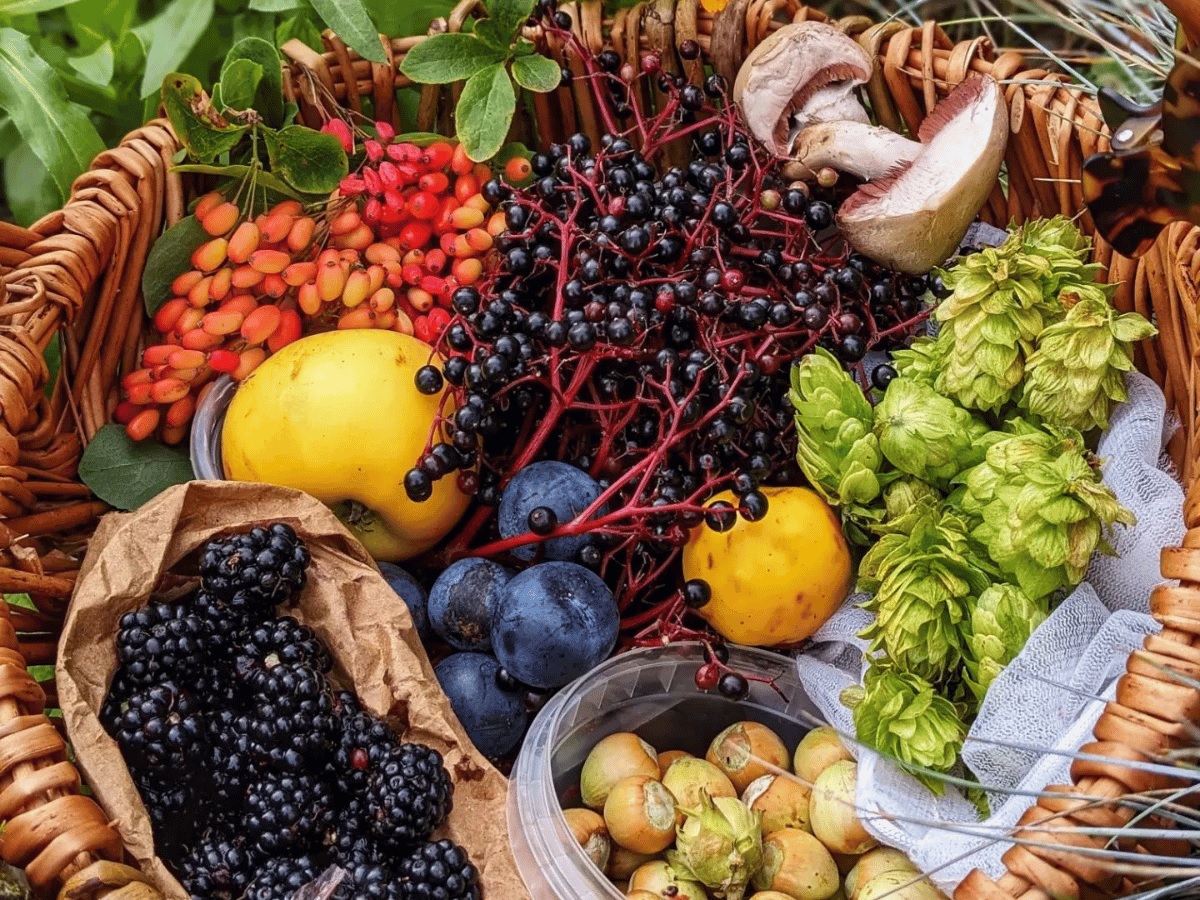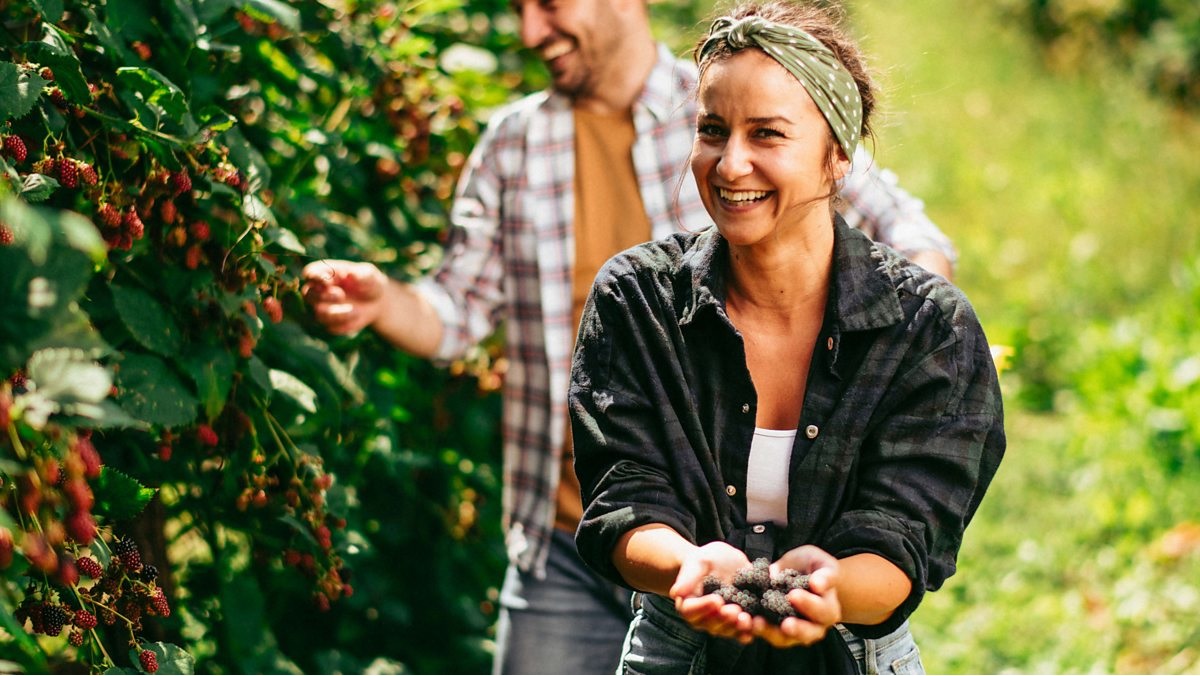Foragers Guide Overview
- Introduction to foraging: The guide would likely provide an introduction to foraging as a practice, its benefits, and the importance of responsible foraging.
- Safety and ethics: This section would focus on safety precautions, emphasizing the need to properly identify plants, avoid toxic species, and respect the environment while foraging. It may also touch upon legal considerations and guidelines for sustainable harvesting.
- Plant identification: A significant portion of a Forager’s Guide would be dedicated to helping readers identify various edible plants, including detailed descriptions, photographs, and illustrations. It might provide guidance on recognizing key features such as leaves, stems, flowers, fruits, and any distinctive characteristics that aid in identification.
- Seasonality and habitat: Since different plants have specific growing seasons and prefer certain habitats, the guide might provide information on when and where to find specific edible plants. It could include details about plant life cycles, preferred soil types, and environmental conditions that promote their growth.
- Edible plant profiles: The guide may feature profiles of different edible plants, highlighting their culinary uses, nutritional value, and any potential medicinal properties. It might include information on taste, preparation methods, and potential culinary substitutions.
- Recipes and cooking tips: Some foraging guides include recipes and cooking suggestions to inspire readers on how to incorporate foraged ingredients into delicious dishes. These recipes could range from simple preparations to more elaborate culinary creations.
Foragers Guide Quality
- Accuracy and reliability: A high-quality Forager’s Guide should provide accurate and reliable information about plant identification, edibility, and safety. It’s important to ensure that the information presented is supported by credible sources and expert knowledge.
- Expertise and authorship: Assessing the credentials and expertise of the authors or contributors of the guide can help determine its quality. Look for guides written by knowledgeable foragers, botanists, or experts in the field who have experience and a solid understanding of wild foods.
- Clarity and organization: A good Forager’s Guide should be well-organized, making it easy to navigate and find information quickly. It should provide clear descriptions, photographs, and illustrations that aid in plant identification.
- Comprehensive coverage: The guide should cover a wide range of edible plants, including both common and lesser-known species. It should ideally include detailed profiles of each plant, including habitat information, seasonal availability, and culinary uses.
- Safety precautions and ethical considerations: A reliable Forager’s Guide will emphasize safety precautions, including warnings about toxic or inedible plants that may be mistaken for edible ones. It should also promote ethical foraging practices, such as sustainable harvesting and respect for the environment.
Foragers Guide Customer Service
- Responsiveness: A good customer service team should respond promptly to customer inquiries, whether through email, phone, or other communication channels. They should be attentive, respectful, and provide helpful and relevant information.
- Knowledge and expertise: Customer service representatives should have a good understanding of the product or service offered by the website and be able to provide accurate and helpful guidance. They should be well-trained and knowledgeable about the content and purpose of the Forager’s Guide.
- Accessibility: It’s important for customer service to be easily accessible and have multiple channels of communication available, such as email, phone, or live chat. Clear contact information should be provided on the website to facilitate customer inquiries.
- Problem resolution: A strong customer service team should be dedicated to resolving customer issues or complaints effectively and efficiently. They should be proactive in finding solutions and ensuring customer satisfaction.
- Professionalism and friendliness: Good customer service involves maintaining a professional and friendly demeanour when interacting with customers. Politeness, empathy, and patience are important qualities to create a positive customer experience.
Foragers Guide Benefits, Advantages And Features
- Plant Identification: One of the primary features of a Forager’s Guide is assisting users in identifying edible plants. It provides descriptions, photographs, illustrations, and distinguishing features to help users confidently identify plants in their natural environment.
- Edible and Medicinal Uses: A Forager’s Guide often includes information about the culinary uses and nutritional value of edible plants. It may also highlight any medicinal properties or traditional uses associated with certain plants, offering insights into their potential health benefits.
- Seasonal and Habitat Information: The guide can provide details about the seasonal availability of various plants and their preferred habitats. This information helps foragers know when and where to look for specific species, enhancing their chances of successful foraging.
- Safety Precautions: A reliable Forager’s Guide emphasizes safety precautions and provides guidelines for avoiding toxic or poisonous plants. It educates users about potential risks and helps them develop awareness of potential hazards associated with foraging.
- Sustainability and Ethics: Many forager’s guides promote responsible foraging practices, emphasizing sustainable harvesting methods, respecting natural habitats, and ensuring the long-term viability of wild food resources. They may also provide guidance on foraging regulations and etiquette.
- Culinary Inspiration: Some Forager’s Guides feature recipes and cooking tips to inspire users on how to incorporate foraged ingredients into their meals. These recipes can range from simple preparations to more elaborate dishes, enhancing the culinary experience of foraged foods.
Experts Of Foragers Guide
- Provides valuable information on identifying edible plants and animals in the wild.
- Can teach self-sufficiency skills for survival situations.
- Encourages a deeper appreciation and understanding of nature and the environment.
- Offers a potential alternative to store-bought food, which can be healthier and more sustainable.
- Foraging can be a fun and rewarding hobby that connects people with their local ecosystem.
Foragers Guide Conclusion
In conclusion, a Forager’s Guide serves as a valuable resource for individuals interested in identifying and harvesting wild foods. It provides knowledge, education, and practical information to help foragers safely and responsibly engage in this activity. By offering plant identification, edible and medicinal uses, seasonal and habitat information, safety precautions, and sometimes even recipes, a Forager’s Guide empowers users to explore and enjoy the natural abundance of wild plants. The benefits of using a Forager’s Guide include expanding your understanding of the natural world, discovering new culinary possibilities, and connecting with the environment in a meaningful way.



